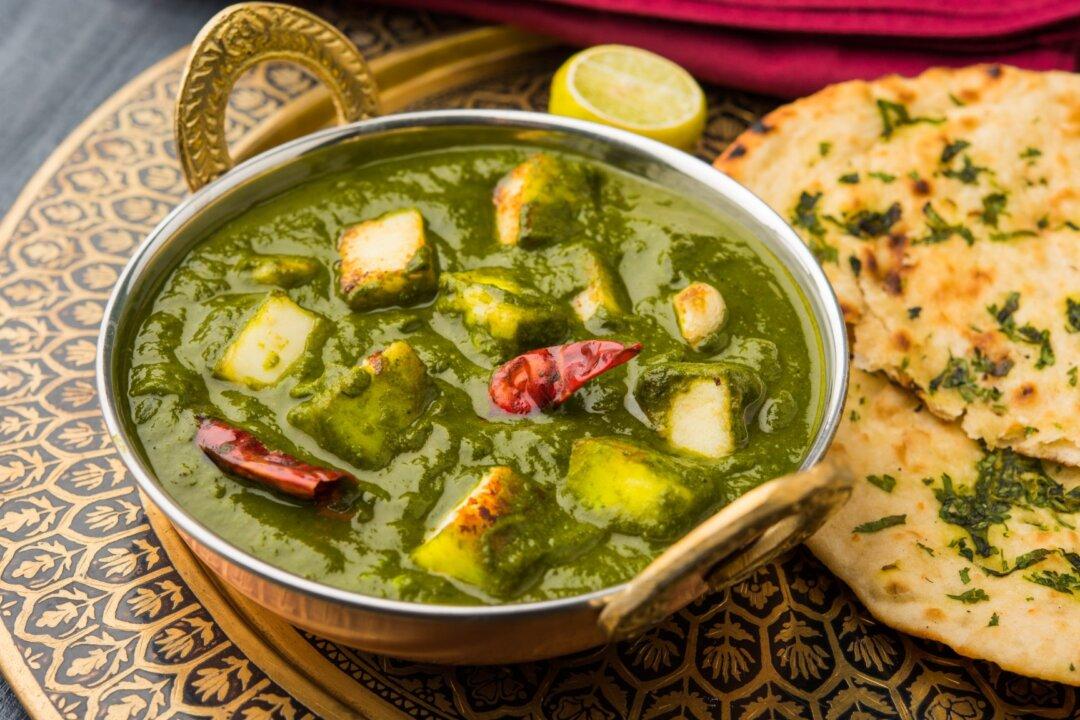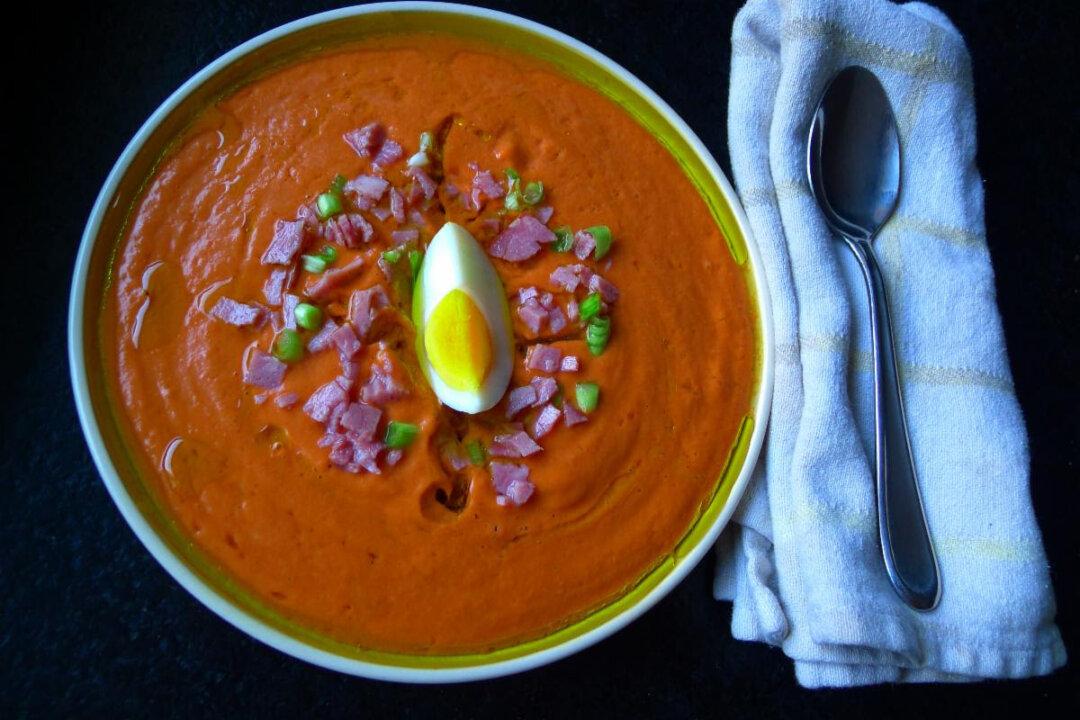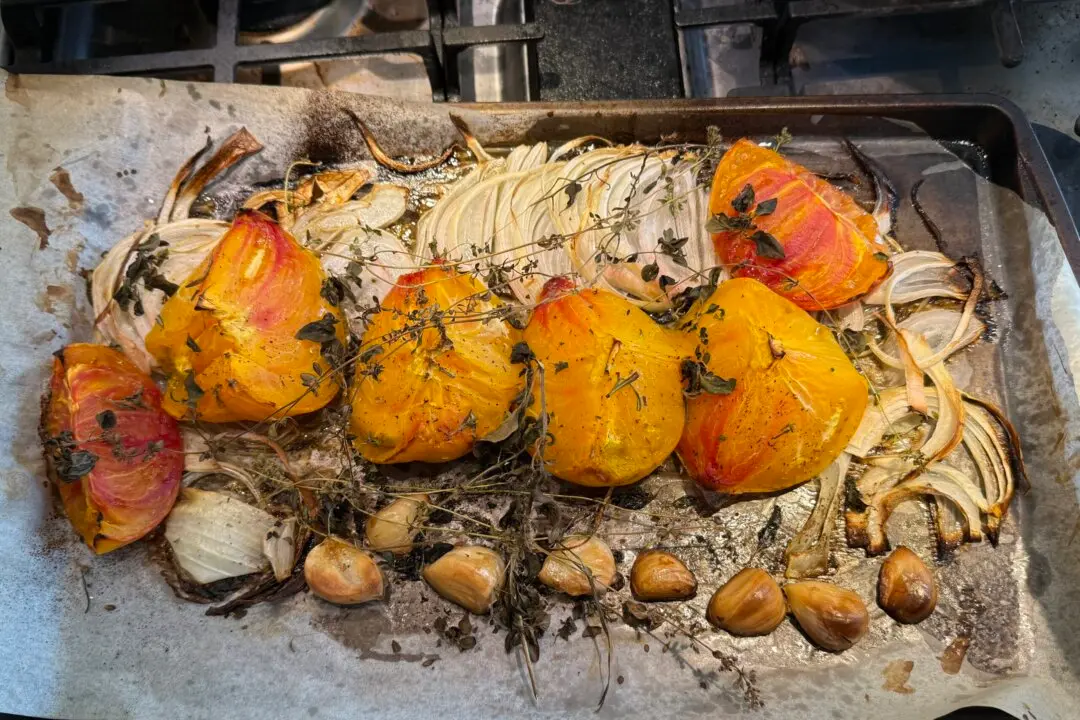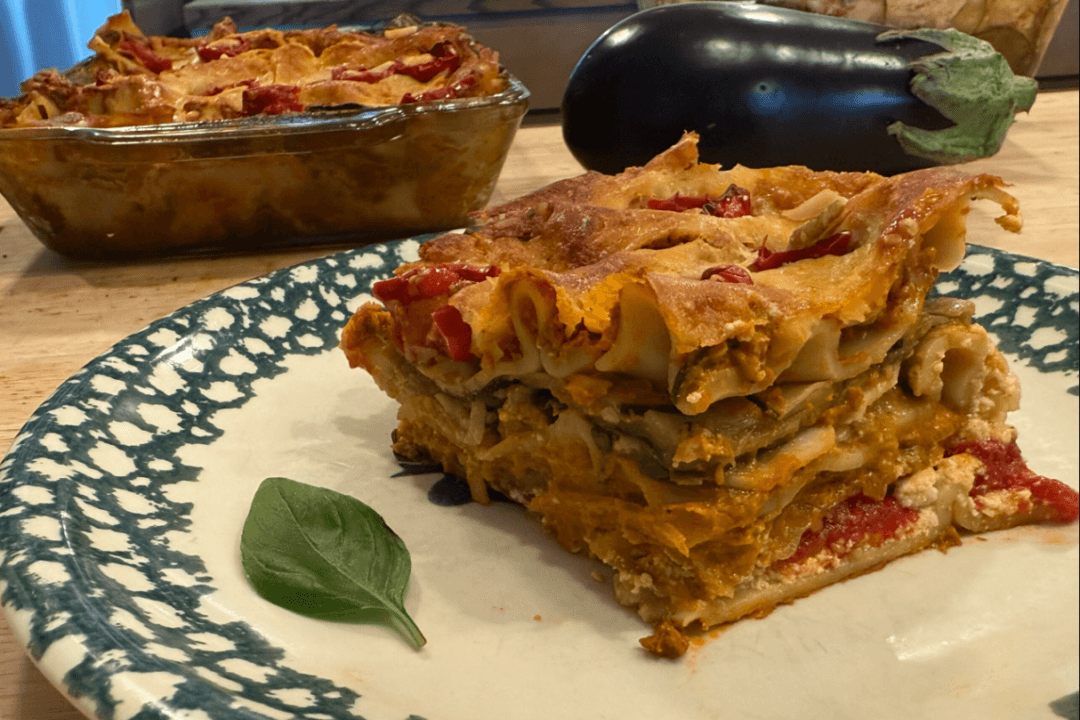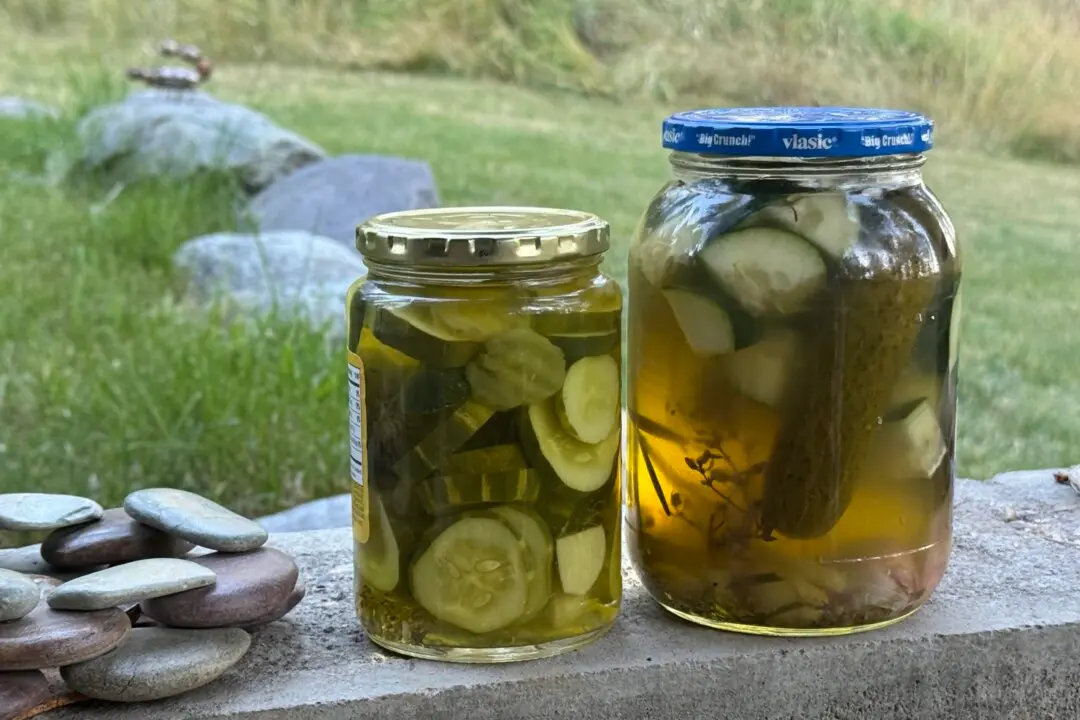I have been celebrating the arrival of spring with helpings of palak paneer, an Indian dish of spinach and homemade cheese. The spinach, pureed, has a thrilling flavor thanks to ginger and serrano peppers and Indian spices. This green sauce envelopes the sweet, nutty cheese, creating a contrast that’s almost as lovely as it is delicious.
Frozen spinach is in season, too, as food processors must clear freezer space to accommodate the new crop, and liquidate last year’s leftovers. The same principle applies to many vegetables. During corn season, look for a sale on frozen corn.

